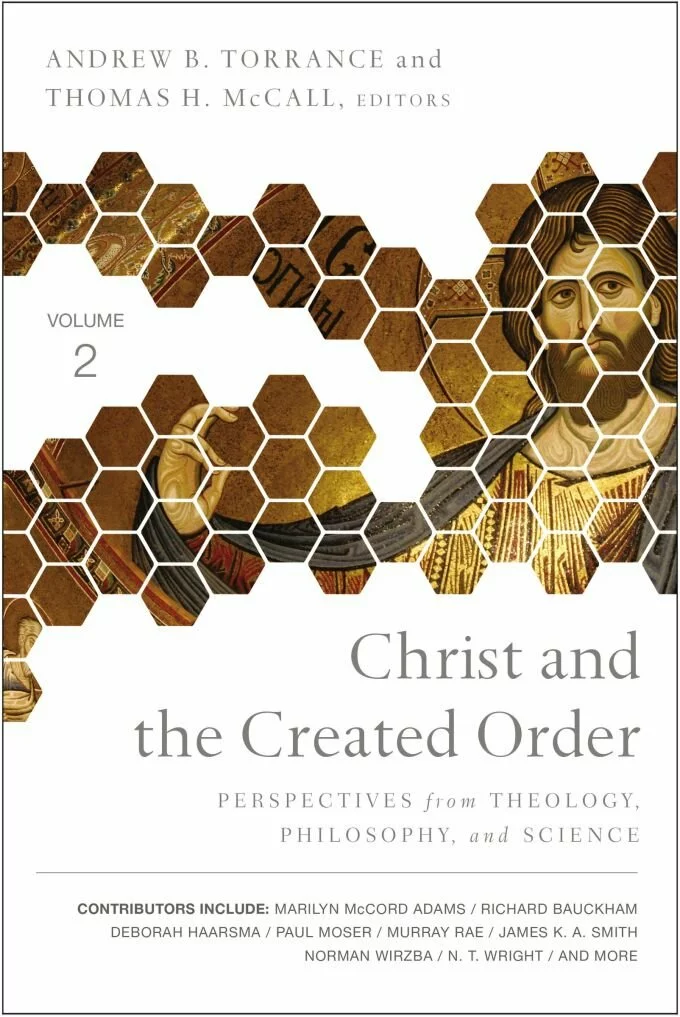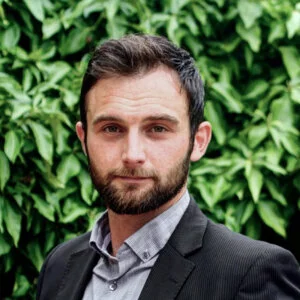

Christ and the Created Order:Perspectives from Theology, Philosophy, and Science
Thomas H. McCall,
Andrew Torrance
Zondervan Academic
According to the Christian faith, Jesus Christ is the ultimate revelation not only of the nature of God the Creator but also of how God the Creator relates to the created order. The New Testament explicitly relates the act of creation to the person of Jesus Christ – who is also a participant within creation, and who is said, by his acts of participation, to have secured creation’s ultimate redemption from the problems which presently afflict it. Christian theology proposes that Jesus Christ, the incarnate Word and Wisdom of God, the agent in whom the Spirit of God is supremely present among us, is the rationale and the telos of all things – time-space as we experience and explore it; nature and all its enigmas; matter itself. Christology is thus utterly fundamental to a theology of creation, as this is unfolded both in Scripture and in early Christian theology.
For all this, the contemporary conversation about science and faith tends, to a remarkable degree, to neglect the significance of Jesus Christ, focusing instead on a generic “God of wonder” or “God of natural theology.” Such general theism is problematic from the perspective of Christian theology on many levels and has at times led to a more or less deistic theology: the impression that God has created the world, then largely left it to itself. Such a theology is far removed from classical Christian renderings of creation, providence, redemption, and eschatology. According to these, the theology of creation is not just about remote “beginnings,” or the distant acts of a divine originator. Rather, the incarnate Jesus Christ is himself – remarkably – the means and the end for which creation itself exists. If we would think aright about our world, study it and live within it wisely, we must reckon centrally with his significance.
What might such a bold claim possibly mean, and why is Jesus Christ said by Christian theology to be so important for understanding God’s overall relationship to the created order? What does this importance mean for science?
Christ and the Created Order addresses these questions by gathering insights from biblical scholars, theologians, historians, philosophers, and scientists. This interdisciplinary collection of essays reflects on the significance of Jesus Christ for understanding the created world, particularly as that world is observed by the natural sciences.
Endorsements
Similar on Sapientia
We Are the Gods: Modern Science, Human Difference, and the Christian Imagination
Jules A. Martinez-Olivieri
August 23, 2021
Creation and Christology: A Compatible Account
Christopher Woznicki
March 18, 2021
A More Natural Theology: Eberhard Jüngel on Creation and Christology
R. David Nelson
February 7, 2018

